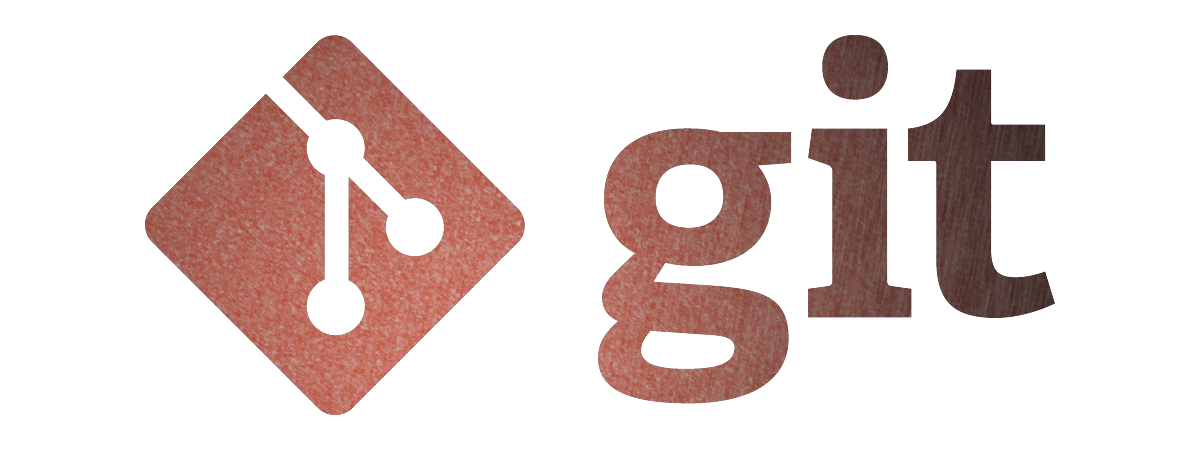Some months ago my wife brought to my attention Jekyll, which is a blog aware static-site __generator, or in other words it’s a piece of software that allows you to beautiful generate static websites. At that moment, I didn’t play too much attention to it, and just look for some comparisons between it and WordPress and I came to the conclusion that it wasn’t worth even a try.

However, after some months and seeing some examples of what you can do with it I think I’m going to give it another shot. Most of the webs you can see there are quite simple, just a couple of static pages and perhaps a simple blog. However, that doesn’t mean that you can’t build complex and beautiful websites with it —as some of the examples can proof— after all it’s just HTML. I’m not an HTML expert, quite the opposite. I have little experience programing on it and it was mostly long time ago when I begun to browse internet. However, since little by little I learning how to program in R and some shell commands, I think I’m going to give a try.
Jekyll has been developed by the GitHub team and for that reason they play quite good together. Some of the advantages of it are the following:
- It’s free and open source.
- It’s cheap. You can host your web almost anywhere for free. AWS or GitHub Pages offer you free tiers where almost anyone page can be hosted. So you don’t have to deal with expensive hosting.
- It’s fast. Everything is really lightweight so you don’t need to a lot of things to optimize how fast it loads
- It’s simple. You don’t have to deal with databases.
- It’s blog aware. Just following some simple formatting rules Jekyll can create for you a blog.
- You can use Git to post. Since everything is a file and nothing is store in a database you can just use git to track your changes and post content.
- Uses markdown, so pretty simple to post content.
- You can use themes
- You can use plugins.
Probably, people that have been using it for longer can give you a more compressive list of its advantages. In my case, I just going give a try and try to generate something similar to my current web with it. My playground is going to be jekyll.luispuerto.net, which is hosted in GitHub Pages.
There are a lot of documentation about it in its official page and I just found a couple of youtube videos [1 & 2] that look quite interesting. There is also an extensive community that can always give you a hand if you run into trouble or get stuck. Just to share with you some of the resources I just found in a minute of searching.
Let’s see what I can achieve.




Leave a comment